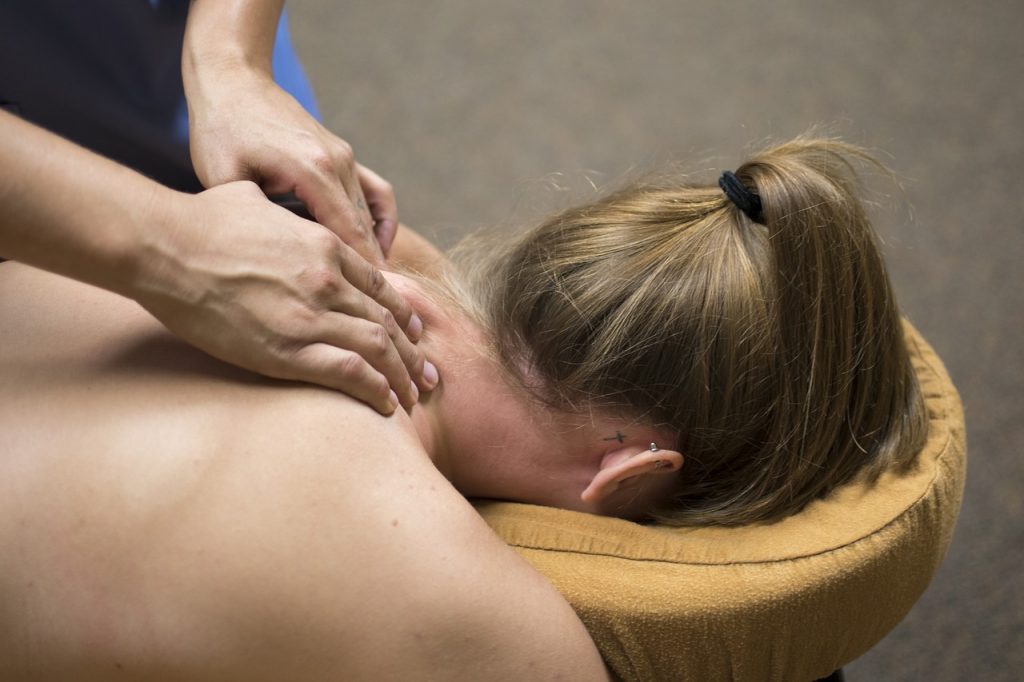Massage therapy for managing depression: Restoring impaired interoceptive functioning
Massage therapy is known to induce relaxation and provide emotional support for people suffering from depression. There is also an increasing amount of studies that show that massage therapy could significantly alleviate symptoms of depression. However, the mechanisms of the anti-depression effect is still unclear.
In manual therapy, there is also interest in interoception, which is an individual’s sense of the physiological condition of his/her entire body. It comprises the sensation, interpretation, and integration of signals arising from within the body. Recent research has shown that depression is associated with impaired interoceptive accuracy. Treatments that can improve disturbed interoception are scarce in clinical practice.
Researchers from Ulm University, Germany proposed a mechanism linking the anti-depressive effects to a massage-induced modulation of interoceptive states. The study was published in Medical Hypotheses.
The researchers looked at affective massage therapy, which is massage therapies aiming to influence affective states rather than targeting muscles or manipulating fascial tissues. The term affective massage therapy is used to refer to massage treatments that enhance psychophysical well-being. The type of massage techniques commonly used long strokes and caress-like touches such as effleurage which can induce positive mood, reduce anxiety or stress.
Affective massage therapy applies slow, rhythmic, and caress-like touch that stimulates C tactile (CT) afferents in the non-glabrous skin. Non-glabrous skin contains numerous mechanosensitive receptors which give rise to perceived pleasantness in response to slow, rhythmic, and caress-like touch. CT mediated touch elicits responses in interoceptive brain areas (e.g., the insular cortex) that have been associated with abnormal interoceptive representations in people suffering depression. Thus, the authors hypothesized that the anti-depressive effects of massage therapy are mediated by the restoration of the impaired interoceptive functioning through the stimulation of CT afferents or related interoceptive structures.
This hypothesised mechanism supports that massage is probably one of the most ancient interoceptive treatments.


